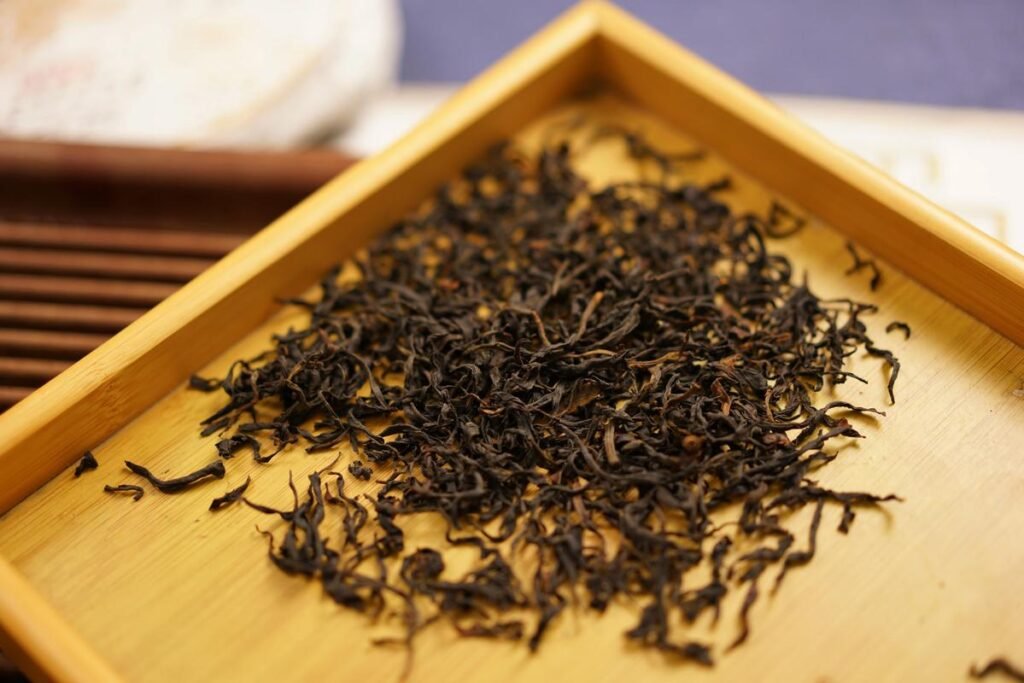Hey there! I was wondering, how much caffeine is in each type of tea? Thanks so much!

Pu-erh tea, Yunnan Pu-erh tea, Yunnan green tea, Yunnan black tea, Yunnan green tea, Yunnan black tea, Yunnan purple pottery, Jianshui purple pottery, Yunnan silver pots, Biluochun, Daiyi tea, Xiaguan Tuocha, Daliushu tea, Green tea, Oolong tea, and so on.
But don’t worry, the amount is much less than what you’d get in a cup of coffee. Your body can handle it just fine! Different types of tea and different brewing times will affect how much caffeine is extracted from the tea. Here’s a list of the caffeine content of various types of tea.
Caffeine is a natural xanthine alkaloid compound that gives our bodies a little boost! It’s a central nervous system stimulant, which means it can temporarily drive away sleepiness and restore energy. It’s even used in the treatment of neurasthenia and coma resuscitation! Caffeine is also the most commonly used psychotropic drug in the world. However, if you drink too much, it can be harmful. But don’t worry, the caffeine content in tea is so sparse that you don’t have to worry about it at all! It’s important to be careful with caffeine, as too much can cause irregular work and rest patterns and mental disorders. It can also cause intestinal spasms and, if consumed over a long period of time, chronic gastritis. It’s also worth noting that caffeine can affect children’s kidneys, leading to polyuria and calcium loss, which can impact bone development.

Have you ever wondered how much caffeine is in your cup of tea? It might surprise you to know that a cup of ordinary coffee has three times as much caffeine as a cup of ordinary tea! Coffee has about 80 mg of caffeine, while black tea has 40 mg. Oolong tea has 30 mg of caffeine, while green tea has 20 mg. Pu-erh has 10 mg. As long as you’re healthy, you can enjoy as much tea as you like! The limit of caffeine intake per person per day is about 400 mg, so drinking tea is only refreshing but not harmful to your health.
It’s also worth noting that the brewing time affects the caffeine content of tea. The longer you brew it, the more caffeine is extracted, and vice versa. As a general rule of thumb, black tea brewed for four minutes will release 40 mg to 100 mg of caffeine. If you brew it for only three minutes, you’ll only get 20 mg to 40 mg of caffeine in your tea. A standard cup of green tea (about 235 milliliters, or the equivalent of a regular glass of boiling water) contains 30 to 50 milligrams of caffeine. Black tea contains about 47 milligrams of caffeine, which is pretty low! The caffeine content of 235 milligrams of instant coffee is 62 milligrams, and the caffeine content of freshly ground coffee is 95 milligrams.

There are so many factors that affect the amount of caffeine in coffee and tea! As a general rule, the higher the temperature of the water, the more caffeine is released from the coffee beans and tea leaves. So, espresso made under steam pressure has a higher caffeine content than coffee made under atmospheric pressure. You’ll also find that the caffeine content and the time of brewing the tea are related. Usually, the longer the brewing time, the higher the caffeine content. The type of tea, where it comes from, and how it’s harvested also make a big difference in how much caffeine it has. The longer tea leaves are fermented, the more caffeine they have. Unfermented green tea has only one-third of the caffeine of fully fermented black tea. For semi-fermented oolong tea, the caffeine content is only about half that of black tea.

Views: 0
Leave a Reply